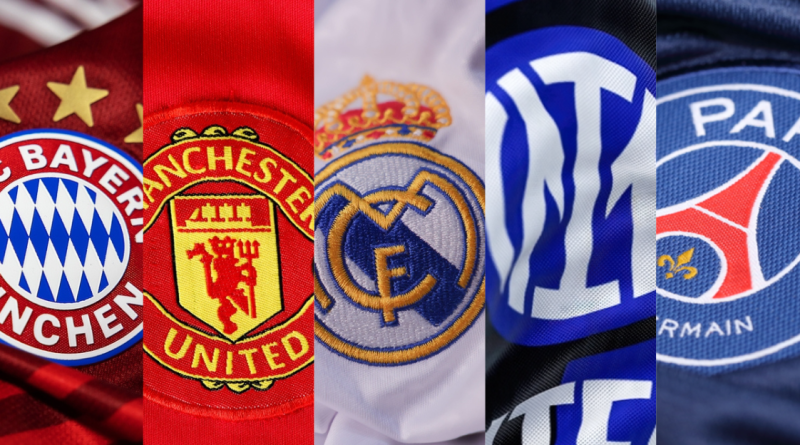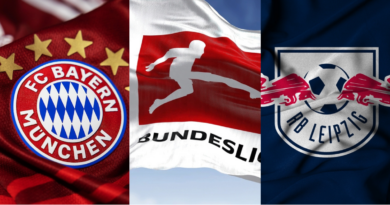The 2025 Deloitte Football Money League – Ranked from Lowest to Highest
driving the world’s biggest football clubs. Covering the 2023/24 season, the 2025 report highlights record-breaking figures, with Europe’s elite continuing to dominate the financial landscape.
This year’s rankings reveal not just who earns the most, but also how strategic investments, global fan engagement, and modern stadiums are rewriting the business of football. From Flamengo proudly representing South America to Real Madrid smashing through the £900 million barrier, the list captures a sport more commercially charged than ever before.
In the following breakdown, we’ll start from number 30 and climb all the way to the summit, exploring how each club has carved out its position in the global football economy.
30. Flamengo - £168 million

Flamengo stands out as the only non-European club in this year’s Money League, pulling in £168 million. The Brazilian giants continue to dominate domestically, leveraging massive local fan support and broadcast deals. Yet, their revenue highlights the economic gap between Europe and South America.
Read also: The 10 Greatest Mercedes Drivers in Formula 1 History - Ranked
29. Wolves - £182 million

Wolverhampton Wanderers generated £182 million, driven by solid Premier League broadcasting income. Despite lacking major European competitions, their commercial strategy and loyal local following have sustained them among the world’s top 30 clubs.
28. Fulham - £187 million

Fulham’s return to top-flight English football has paid dividends, with revenues hitting £187 million. Their improved matchday figures and stable sponsorships underline the financial muscle even mid-table Premier League teams now command.
27. Everton - £191 million
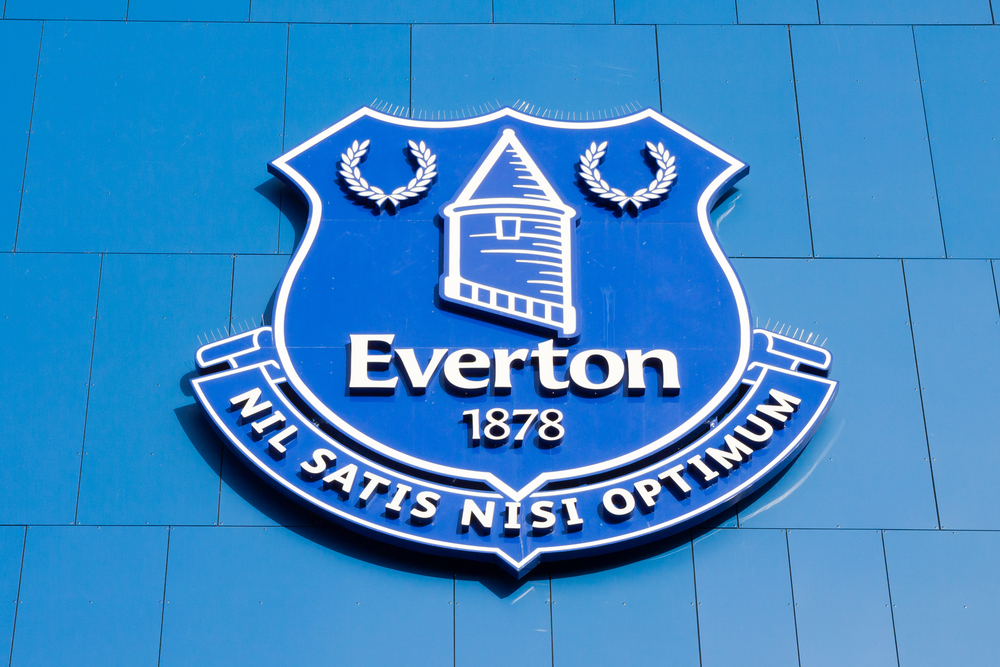
Everton earned £191 million, reflecting steady income despite on-pitch struggles. Ongoing stadium redevelopment promises long-term gains, even if sporting success remains elusive for the Toffees in recent seasons.
26. Crystal Palace - £192 million
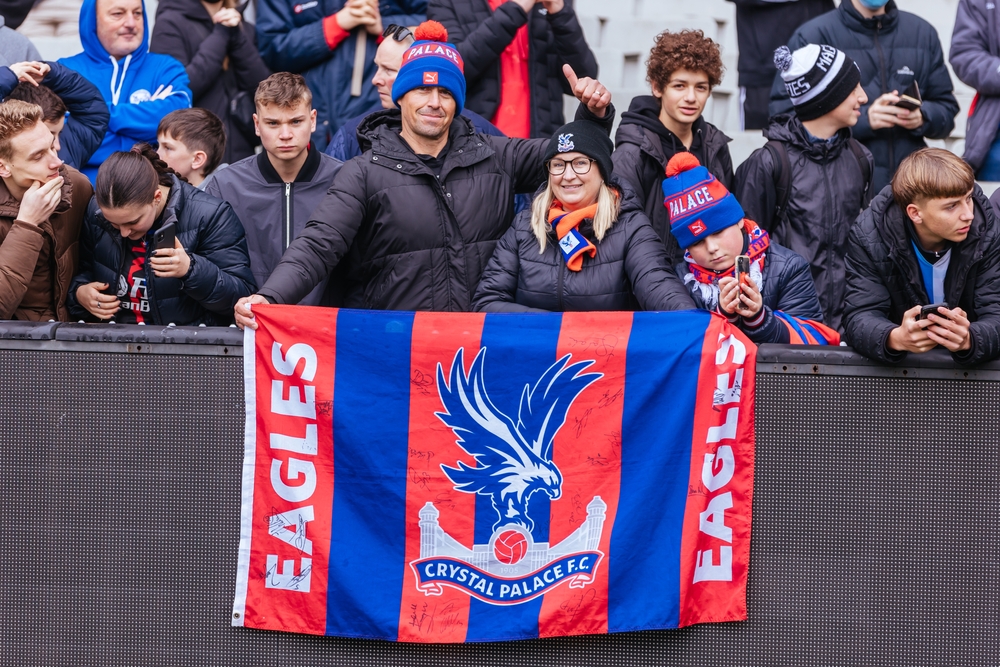
Crystal Palace’s revenues of £192 million come largely from Premier League media rights. Their ability to maintain top-flight status and attract local sponsorships has ensured consistent financial health.
Read also: Top 10 Football Teams of All Time—As Voted by the Fans
25. Benfica - £197 million
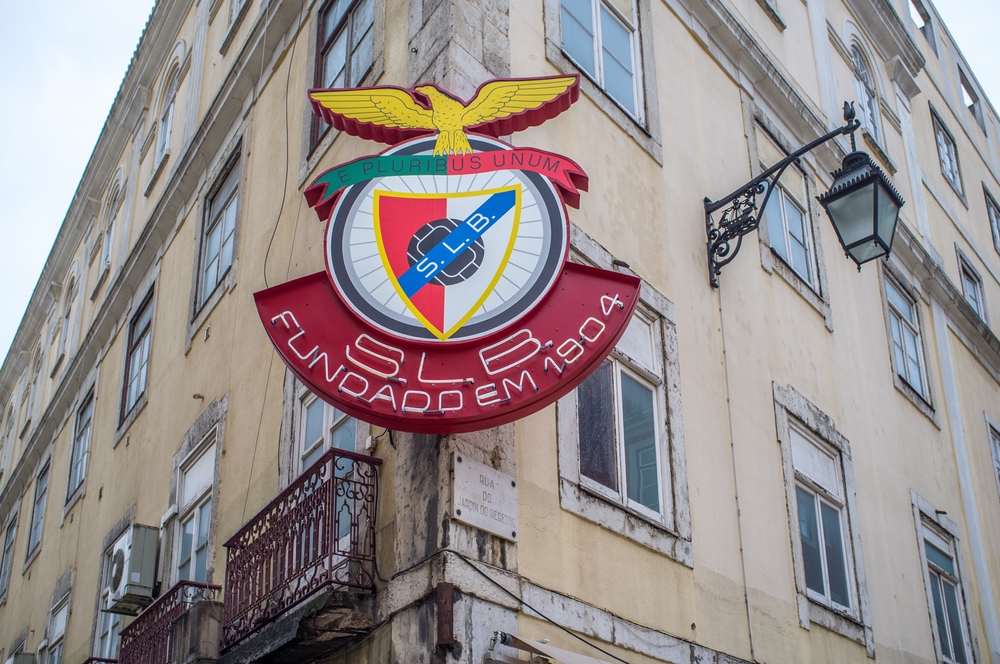
Portugal’s top club, Benfica, brought in £197 million, thanks to Champions League appearances and player sales. Their model of developing talent for European markets continues to be a cornerstone of their financial strategy.
24. Eintracht Frankfurt - £216 million
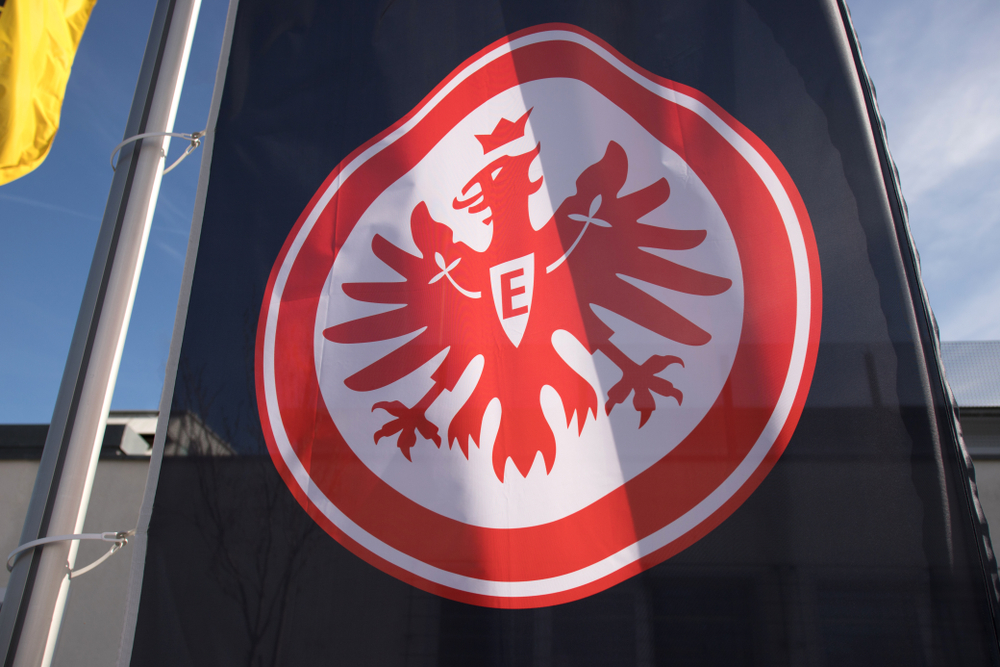
Eintracht Frankfurt posted £216 million in revenues, benefiting from European campaigns and passionate fan support. The Bundesliga’s commercial model and sold-out home games underpin their strong financial standing.
23. AS Roma - £219 million
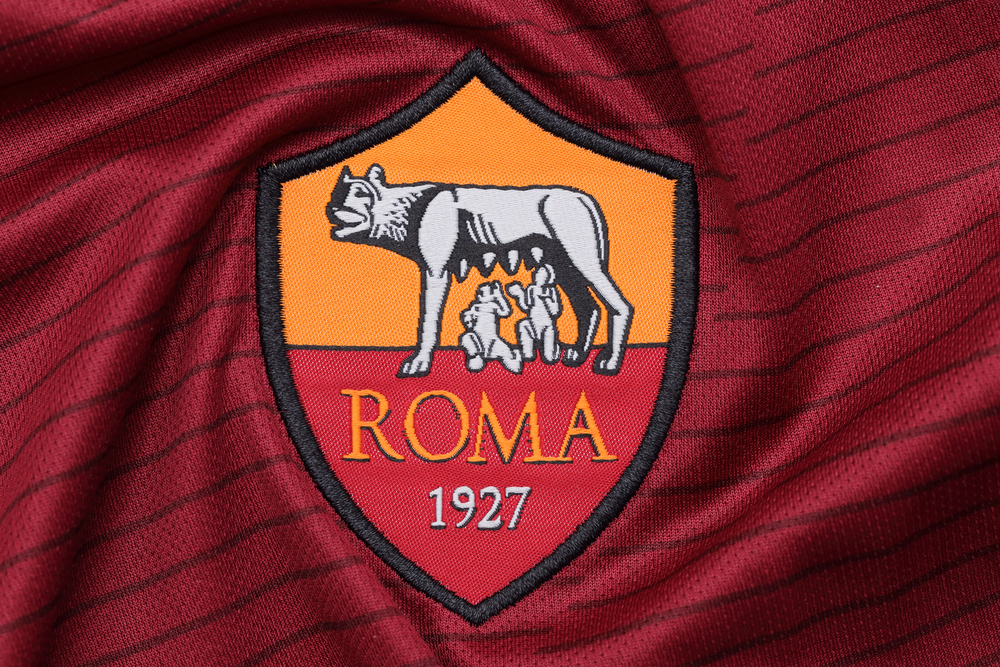
AS Roma’s £219 million income reflects a mix of Serie A broadcasting deals and Europa League runs. Their historic brand remains attractive to sponsors, even as they chase more consistent success on the pitch.
22. Napoli - £223 million

Fresh off domestic triumphs, Napoli generated £223 million, boosted by Serie A titles and Champions League exposure. Their growing commercial footprint highlights how success on the field translates into real financial power.
Read also: Champions League Top Scorers: A Season-by-Season Look (2000/01–2024/25)
21. Brighton & Hove Albion - £226 million
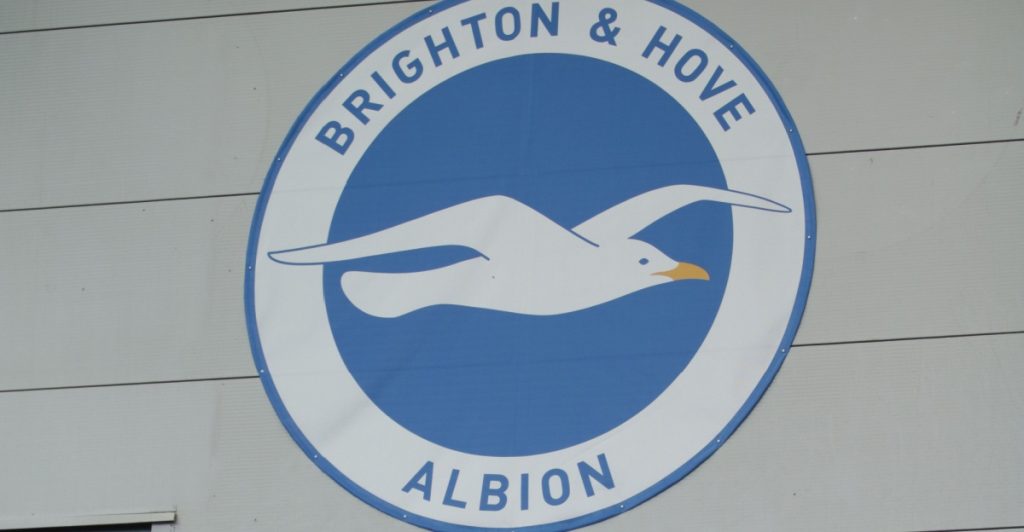
Brighton’s remarkable rise continues, recording £226 million in revenue. Innovative recruitment and smart management have seen them defy expectations, making them a standout modern football business story.
20. Olympique Lyonnais - £232 million
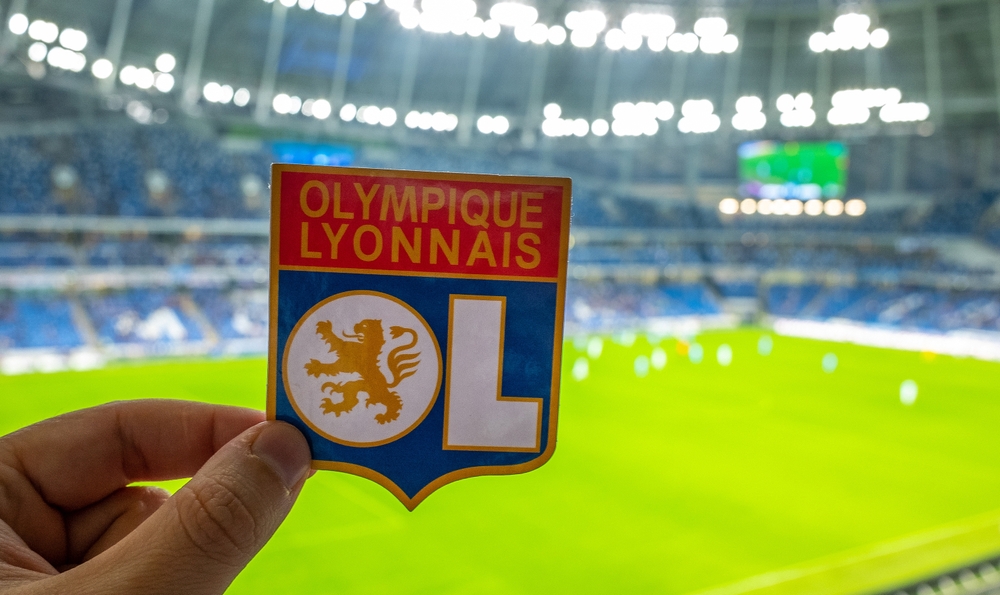
Lyon pulled in £232 million, a testament to their ability to compete financially despite Ligue 1’s disparity. Their emphasis on academy talent and European appearances keeps them among Europe’s elite.
19. Olympique de Marseille - £252 million

Marseille earned £252 million, benefiting from a passionate fanbase and steady European involvement. Their commercial deals are increasingly international, helping to bolster the club’s stature.
18. Aston Villa - £273 million

Aston Villa’s £273 million revenue underscores how the Premier League’s riches extend beyond the traditional “big six.” Investment in the squad and infrastructure has transformed them into a top 20 financial force.
Read also: The Best International NBA Players Dominating the 2024-2025 Season
17. West Ham United - £283 million
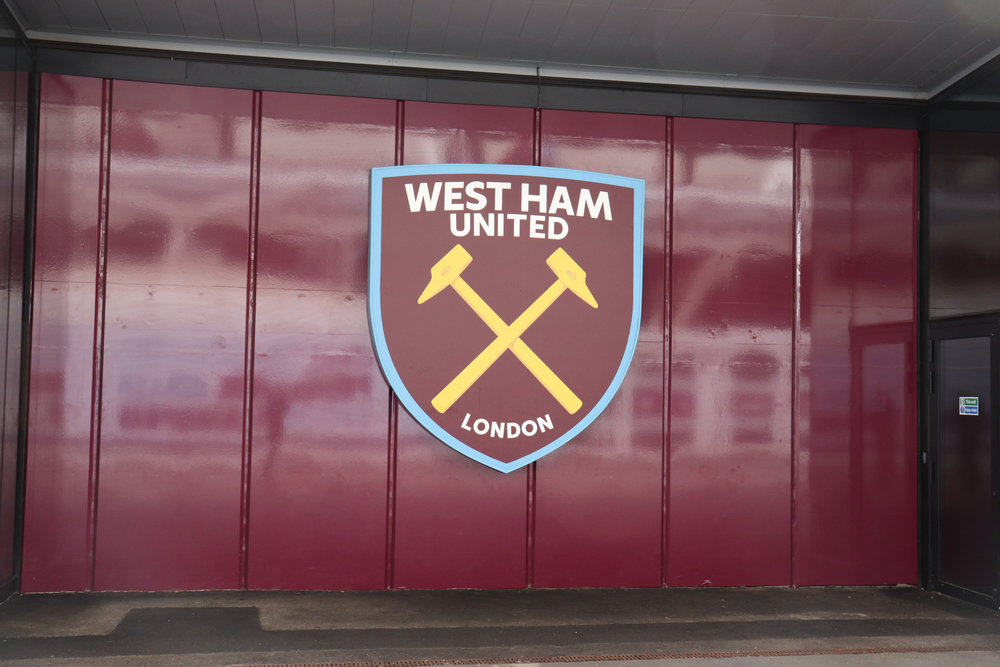
West Ham generated £283 million, powered by London’s commercial market and regular European football. The London Stadium continues to provide substantial matchday income for the Hammers.
16. Juventus - £313 million

Juventus posted £313 million, reflecting a turbulent period both on and off the field. Despite challenges, their massive global fanbase and sponsorship portfolio keep them high on the Money League list.
15. Newcastle United - £327 million

Newcastle’s surge to £327 million comes after new ownership and Champions League qualification. Investment is rapidly transforming the club into both a football and financial heavyweight.
14. Inter Milan - £344 million
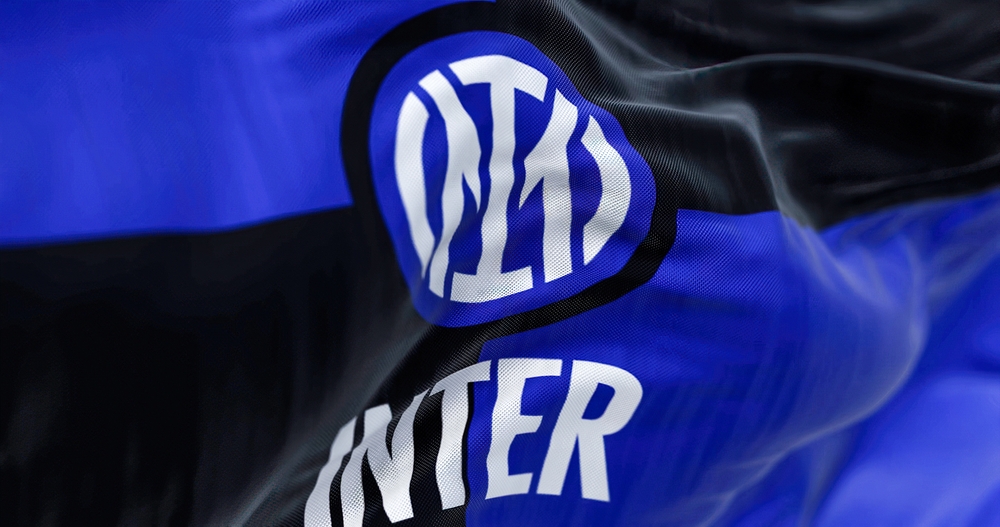
Inter Milan brought in £344 million, maintaining strong commercial ties and fan engagement. Success in Serie A and deep runs in Europe continue to drive their robust financials.
Read also: The 20 Greatest Ryder Cup Players of All Time – Ranked by Points Won
13. AC Milan - £350 million

AC Milan’s £350 million revenue highlights their return to prominence after years of rebuilding. They leverage historic brand appeal with new sponsorship deals and consistent Champions League participation.
12. Atlético Madrid - £360 million

Atlético Madrid earned £360 million, fueled by La Liga rights and strong Champions League performances. Their modern stadium and global marketing push keep them firmly in Europe’s financial elite.
11. Borussia Dortmund - £452 million

Dortmund generated £452 million, with their famed “Yellow Wall” filling stadium coffers and a renowned player development system attracting sponsorships. Their model balances sporting competitiveness with financial sustainability.
10. Chelsea - £480 million
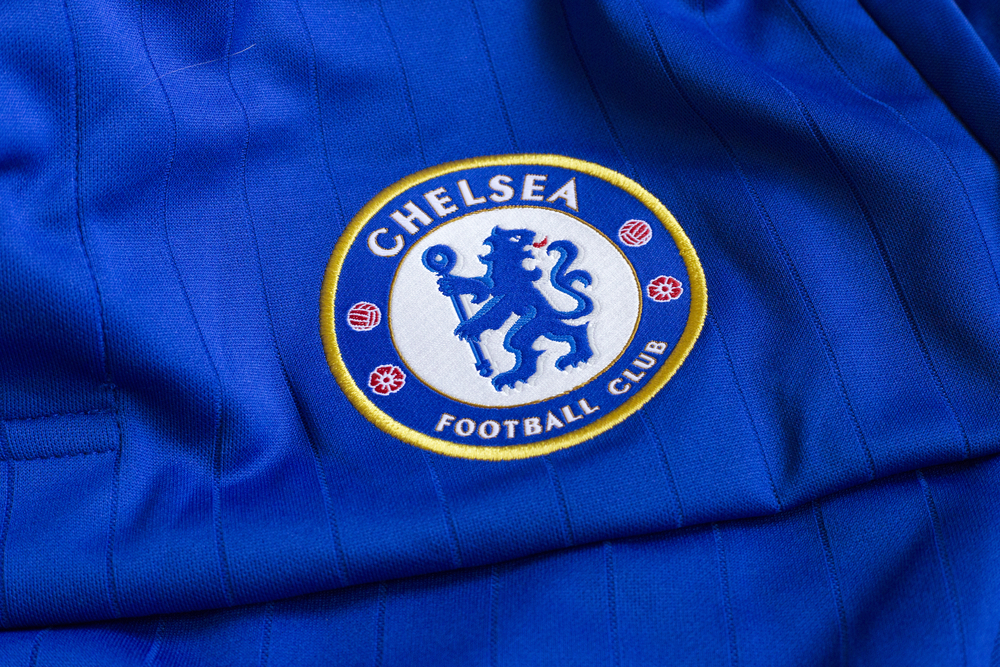
Chelsea posted £480 million, reflecting solid commercial income despite recent ownership upheaval. Champions League revenues and high-profile signings help them remain one of England’s richest clubs.
9. Tottenham Hotspur - £540 million
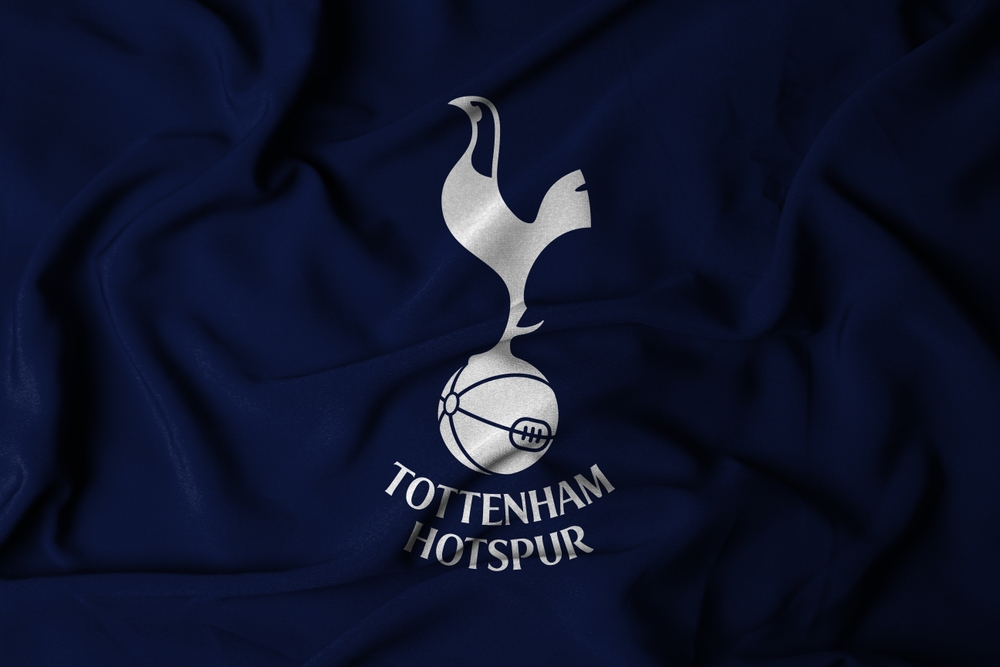
Spurs brought in £540 million, largely thanks to their state-of-the-art stadium that hosts NFL games and concerts. Even without consistent trophies, their business operations are among the best in football.
8. Liverpool - £629 million
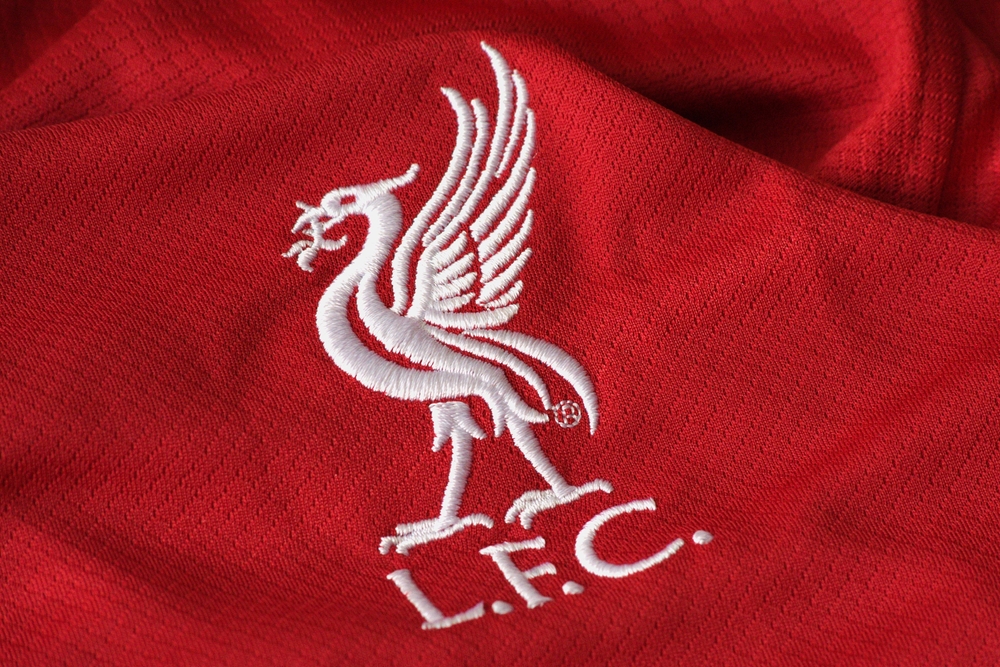
Liverpool earned £629 million, driven by global merchandising and packed Anfield matchdays. Their brand strength worldwide continues to ensure top-tier revenues regardless of seasonal fluctuations.
7. Arsenal - £630 million
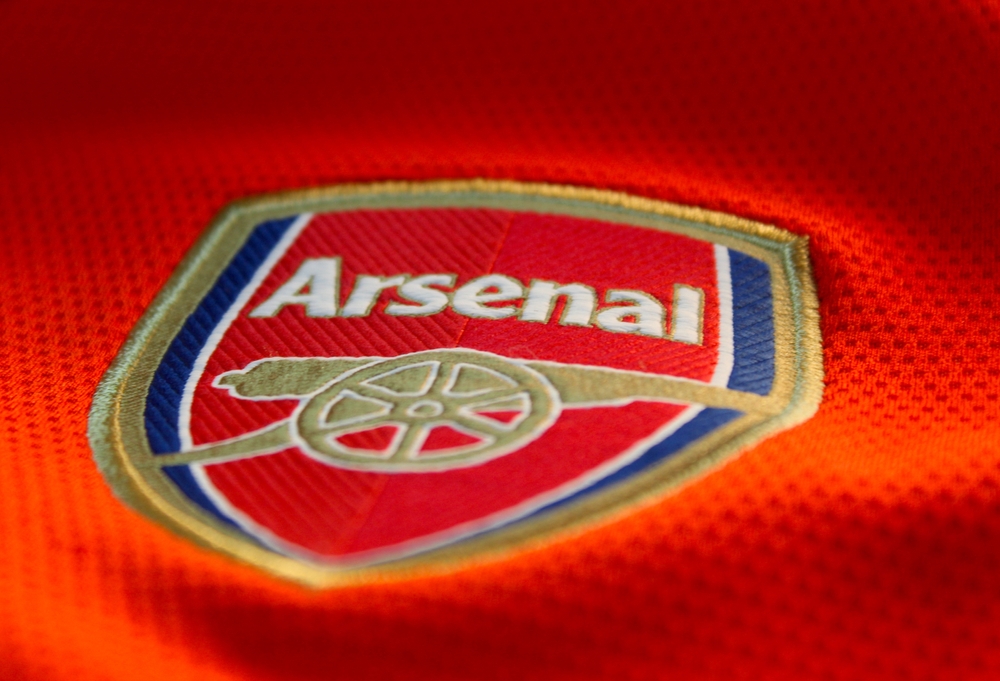
Arsenal’s £630 million marks a return to financial prominence. Improved Premier League finishes and a renewed fan connection have seen commercial and matchday figures soar.
6. FC Barcelona - £669 million

Barcelona posted £669 million despite recent financial restructuring. Continued global popularity and lucrative sponsorship deals keep them near the summit of football’s money rankings.
5. Bayern Munich - £673 million
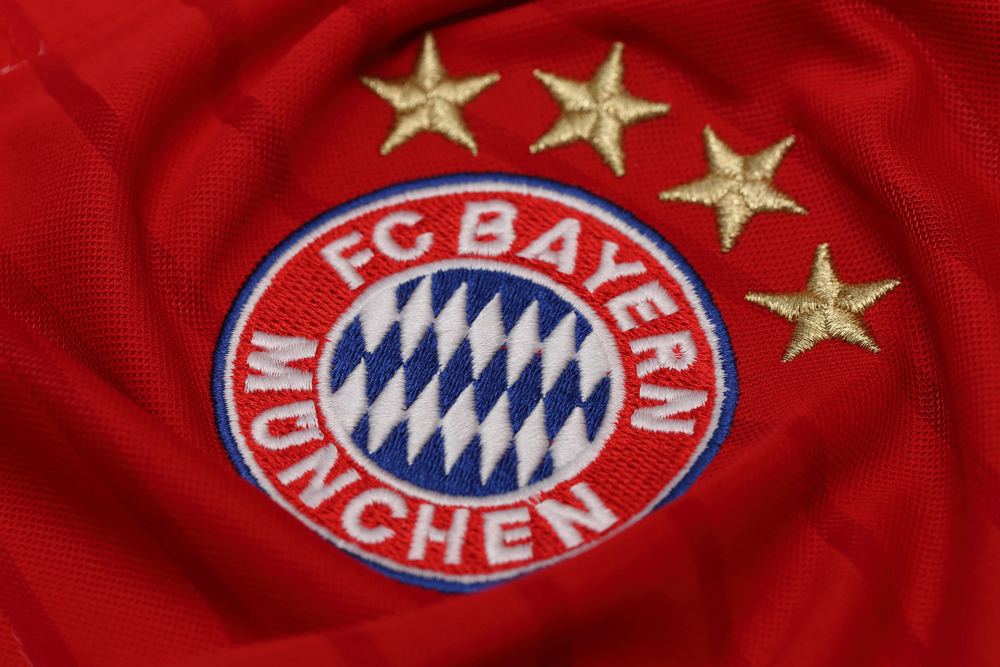
Bayern generated £673 million, showcasing the strength of the Bundesliga’s business model. Their dominance in Germany and regular deep Champions League runs underpin their consistent revenues.
4. Manchester United - £678 million
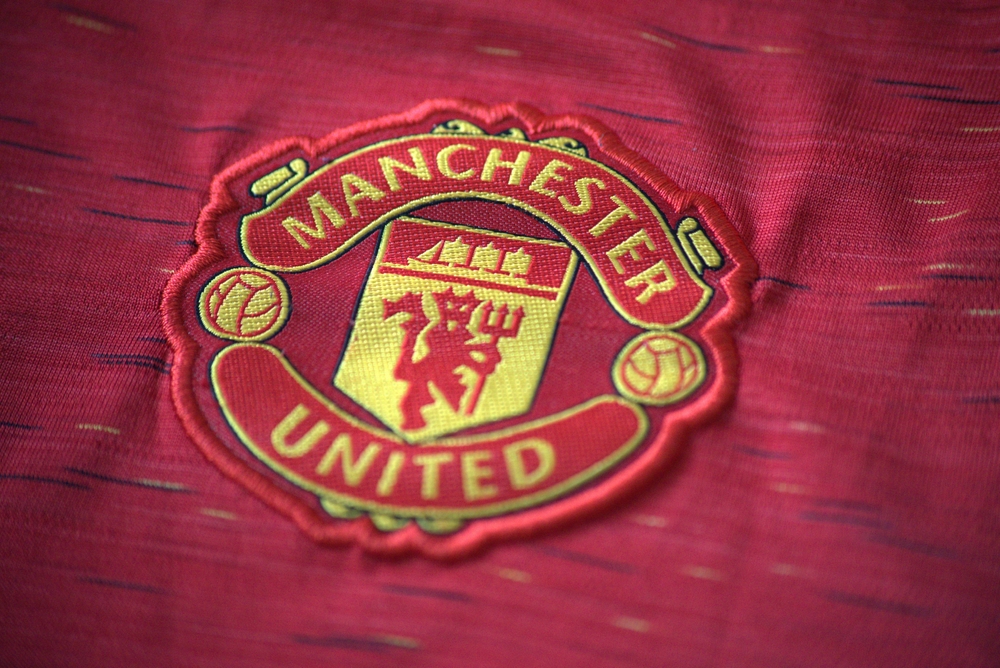
Manchester United brought in £678 million, blending historic brand power with new commercial deals. While trophies have been scarce, they remain a commercial juggernaut worldwide.
3. Paris Saint-Germain - £709 million
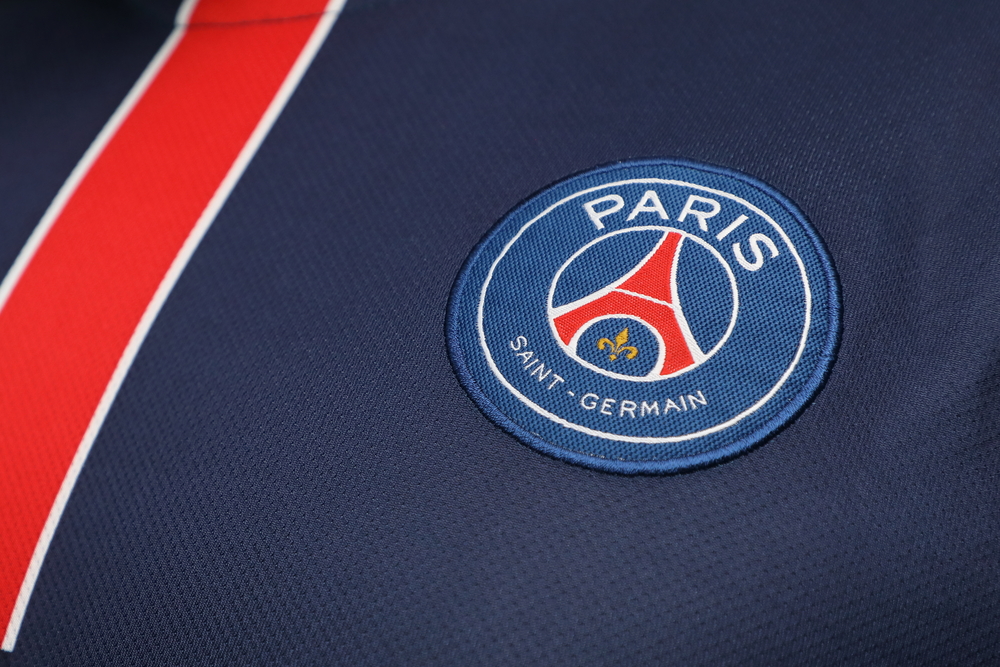
PSG earned £709 million, with superstar players driving merchandise and sponsorships. Qatari investment continues to make them one of football’s richest clubs.
2. Manchester City - £737 million
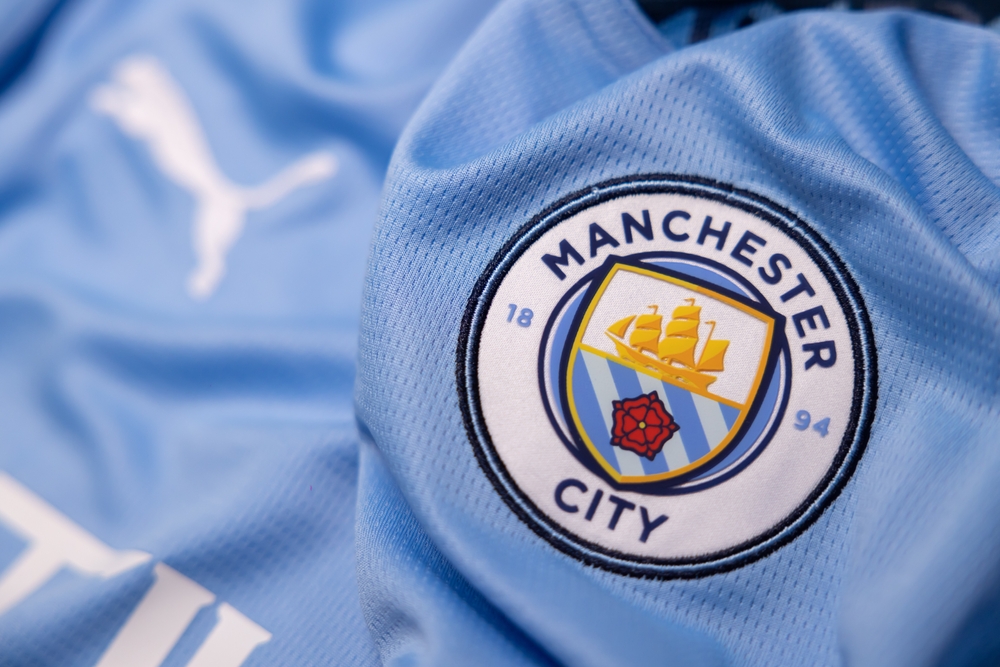
City posted £737 million, thanks to a blend of on-field success and savvy global partnerships. Their ownership model and consistent silverware make them a modern benchmark in football finance.
1. Real Madrid - £919 million
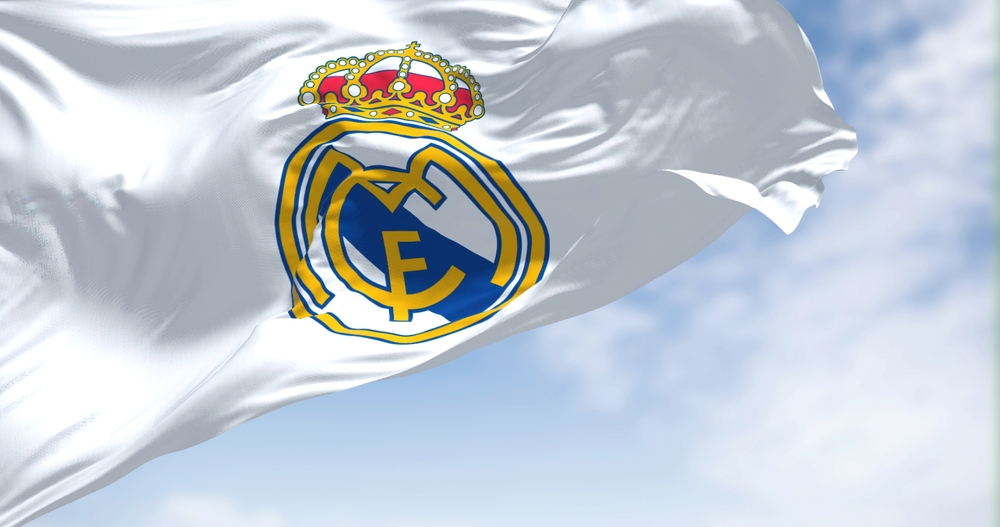
Real Madrid tops the Money League at £919 million, becoming the first club to break the £900 million barrier. The revamped Santiago Bernabéu has supercharged matchday income, reinforcing their place as football’s ultimate financial powerhouse.

